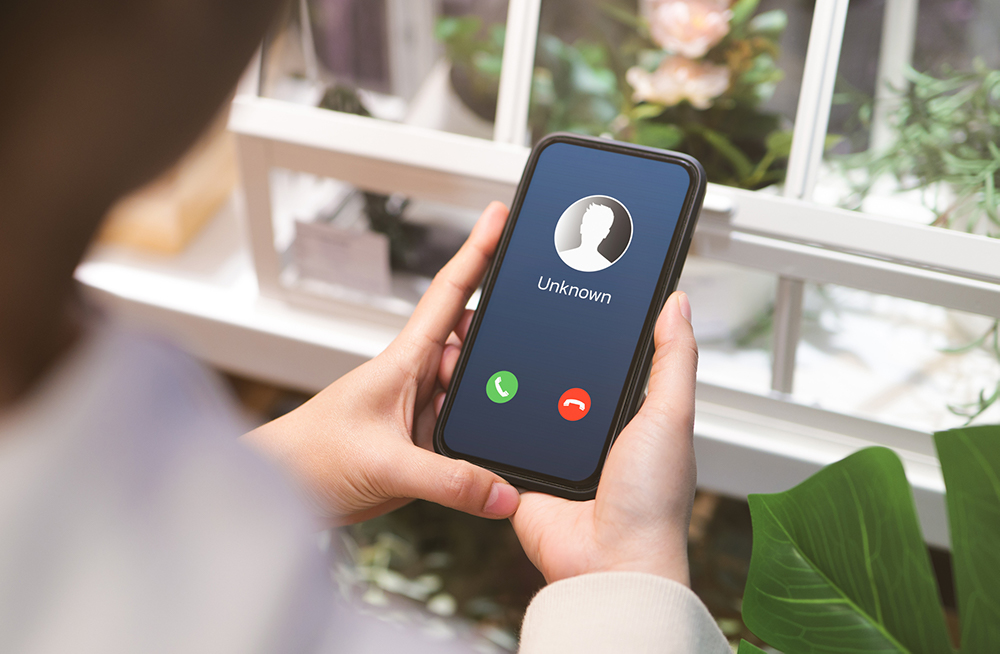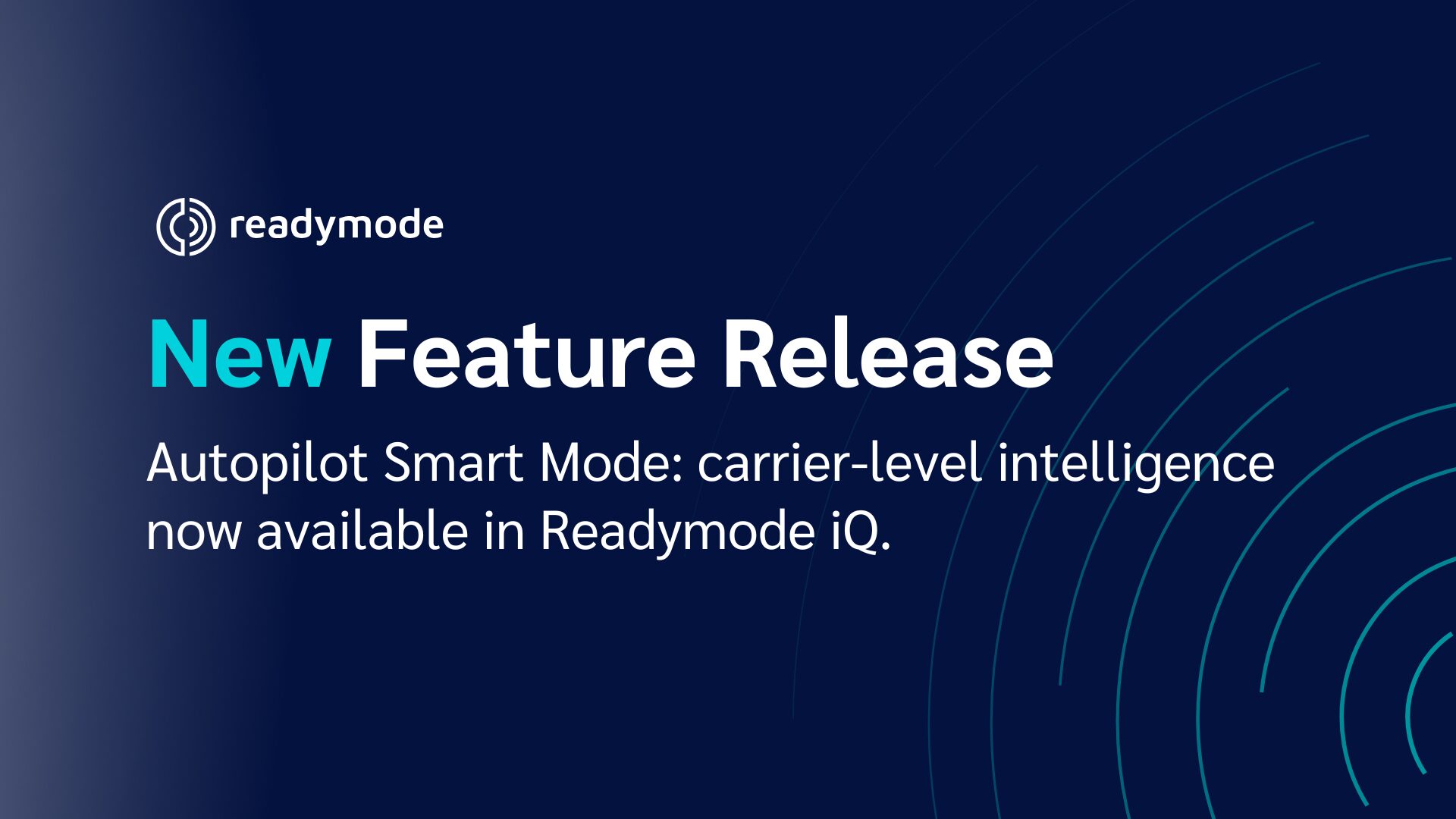As those in the calling industry are well aware, ensuring outbound sales calls comply with the plethora of applicable federal and state rules is no easy task.
The market is currently flooded with compliance features companies claim can help ease a business’ compliance burden—but which of these features are actually useful?
In this article, we cover the key federal and state compliance rules that you should be aware of, and what compliance features are must-haves for your outbound sales team.
TL;DR Summary
- Outbound callers in the United States must comply with rules like the Telephone Consumer Protection Act (TCPA), Federal Communications Commission’s (FCC) implementing rules, and National Do Not Call Registry (NDNCR).
- Top compliance features to look for in sales call software include a non-ATDS dialer, compliance integrations, Do Not Call (DNC) list management, and built-in state calling restrictions.
- Businesses should consider using an all-in-one outbound calling software like Readymode that can help you achieve both your sales and compliance goals.
What Are the Key Federal and State Compliance Rules?
There are a number of rules that regulate outbound calls, including outbound sales calls (e.g., cold calling). The following are some of the most important:
- Telephone Consumer Protection Act (TCPA)
- Federal Communications Commission’s (FCC) implementing rules
- State mini-TCPAs (Florida, Maryland, Oklahoma, etc.)
- State time-of-day rules
For purposes of outbound calling, these rules govern five main items:
- Autodialer calls
- Pre-recorded calls
- Sales call hours
- Sales calls to numbers on the National Do Not Call Registry (NDNCR)
- Consumers’ company-specific do-not-call requests (internal DNC requests)
Here is a brief summary of those rules, which we explore in greater depth in other articles.
Obtaining Prior Express Consent (PEC)
Under the TCPA and the FCC’s implementing regulations, depending on the technology you use, the subject and purpose of your call, and the type of phone line you are calling, callers may need express consent from consumers before making sales/marketing calls or sending text messages, particularly with autodialing or pre-recorded systems.
Importantly, state mini-TCPAs often contain a different autodialer definition than the TCPA. Thus, using a dialer that is not subject to the TCPA’s autodialer rules is not a guarantee that the dialer is not subject to certain states’ autodialer rules.
Time Restrictions for Calls
Sales or marketing calls without consent are restricted to the hours between 8:00 AM and 9:00 PM (local time of the recipient) at the federal level. Various states have additional time-of-day and holiday restrictions.
For example, in Texas, sales calls can only be made between 9:00 AM and 9:00 PM, Monday–Saturday, and between noon and 9:00 PM on Sundays.
Honoring the NDNCR
Callers must adhere to the National Do Not Call Registry (NDNCR). Making sales calls to residential subscribers on this list without their consent or an established business relationship is a violation of the FCC’s NDNCR-related regulation.
Maintaining Internal Do Not Call (DNC) Lists
In addition to adhering to the NDNCR, businesses are required to maintain their own internal lists of customers who have opted out of receiving telemarketing calls. Further, businesses are required to honor those consumers’ opt outs.
Top Outbound Calling Software Compliance Features
When determining which compliance features may add value to your business, it is important to keep the rules above in mind. The following are the top outbound calling compliance features that will actually assist your efforts to not run afoul of those rules.
1. Non-ATDS Dialer
The TCPA and the FCC’s implementing regulations contain rules related to autodialed calls. The TCPA’s applicable term for autodialer is “automatic telephone dialing system” (ATDS).
The TCPA defines ATDS as, “equipment which has the capacity to store or produce telephone numbers to be called, using a random or sequential number generator; and to dial such numbers.”
Ensuring you aren’t subject to those ATDS regulations sounds simple: don’t use a dialer that meets the TCPA’s ATDS definition. But to do that, you have to be sure the dialer does not have the capacity to generate telephone numbers.
The good news is that Readymode’s system does not have the capacity to generate telephone numbers. Instead, Readymode relies on you, the customer, to supply the phone numbers you will call with our service.
2. Compliance Integrations
Dialers now have integrations with other companies’ compliance features. One of the best integrations to be on the lookout for is NDNCR scrubbing.
There are vendors that provide tools that scrub call lists against the NDNCR to ensure sales calls are not made to telephone numbers registered on the NDNCR.
Readymode has integrations with some of the country’s leading and largest NDNCR scrubbing vendors. These integrations also include additional features, like the Reassigned Number Database and Litigator scrubs.
3. Do Not Call (DNC) List Management
DNC list management is a useful compliance feature that helps businesses making telemarketing calls ensure they honor the internal DNC requests they receive from consumers.
Readymode offers internal do-not-call list management as one of its many compliance features.
4. Built-In State Calling Restrictions
For assistance with adhering to different states’ call-time and holiday restrictions, you should be on the lookout for dialers, like Readymode, that have built-in state compliance features.
Such features allow you to automatically set your dialer to follow states’ call-time and holiday restrictions.
The Bottom Line
The number of regulations related to outbound sales calls are increasing. As that trend continues, companies will keep flooding the market with what they claim to be the latest and greatest compliance features.
But as you wade through the options trying to determine what actually provides value, keep the above compliance rules in mind. If a compliance feature relates to one of those rules, there is a good chance it could actually assist you in your outbound calling efforts (not just add to the noise).
Curious how Readymode can help your outbound team stay compliant? Book a demo today for a personalized walkthrough of our platform.
This article is only offered for informational purposes; it is not legal advice. Please consult a qualified attorney for your specific compliance needs.
Joe Bowser
Joe Bowser is a partner at Roth Jackson. He has been practicing communications and marketing law for two decades. He advises and defends calling and SMS platform providers (like Readymode), carriers/VoIP providers, and heavy users of those services in their wide range of compliance needs. In his spare time, you can find him taking his boys to their sports, getting in a workout of his own, or catching an Arsenal match.







